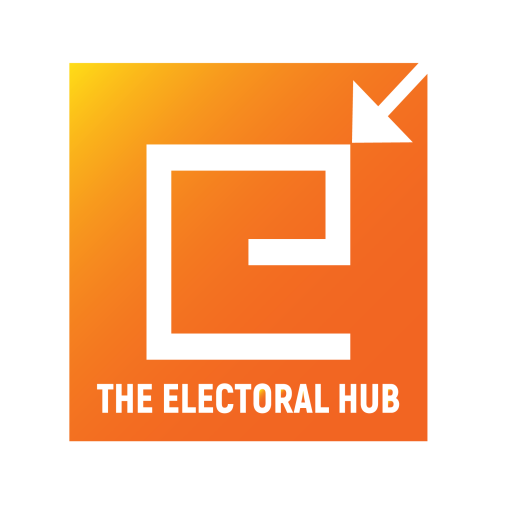The Electoral Repository
West African (Economic Community of West African States ECOWAS) Constitutions
The West African region consists of 16 countries, each governed by its own constitution. These constitutions outline the structure of government, including the roles of the president, parliament, and judiciary, tailored to the specific contexts of each country.
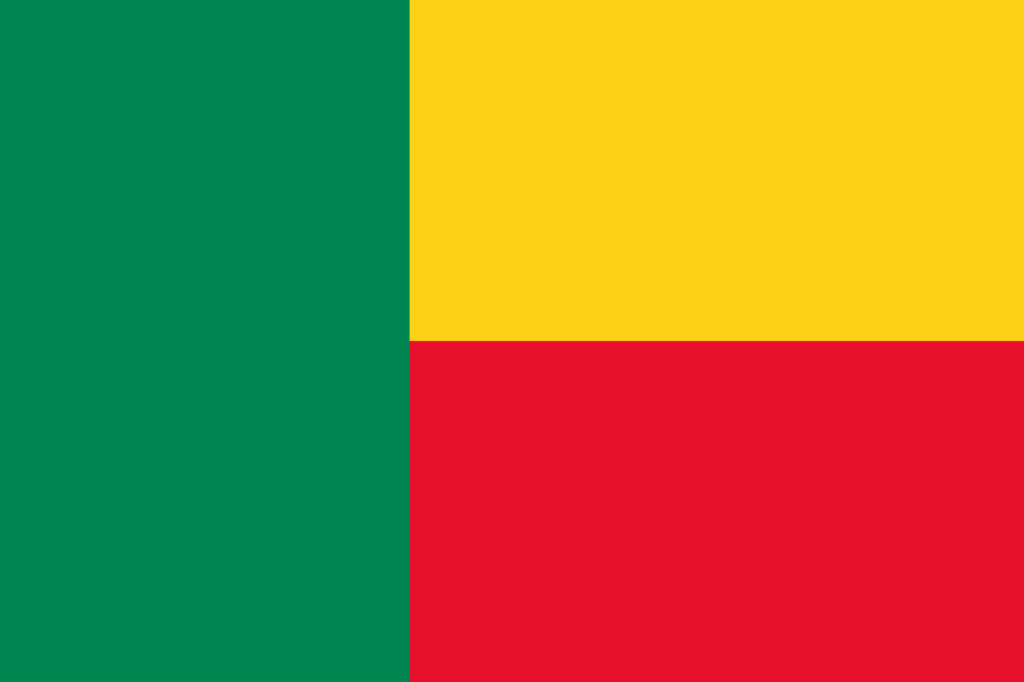
Countries in North Africa
Benin Republic constitution
Benin’s constitution, adopted in 1990, establishes a presidential republic, defining the roles of the president, National Assembly, and judiciary.

Countries in North Africa
Burkina Faso Constitution
Burkina Faso’s constitution, adopted in 1991 and amended in 2002 and 2012, establishes a semi-presidential republic, defining the roles of the president, National Assembly, and judiciary.
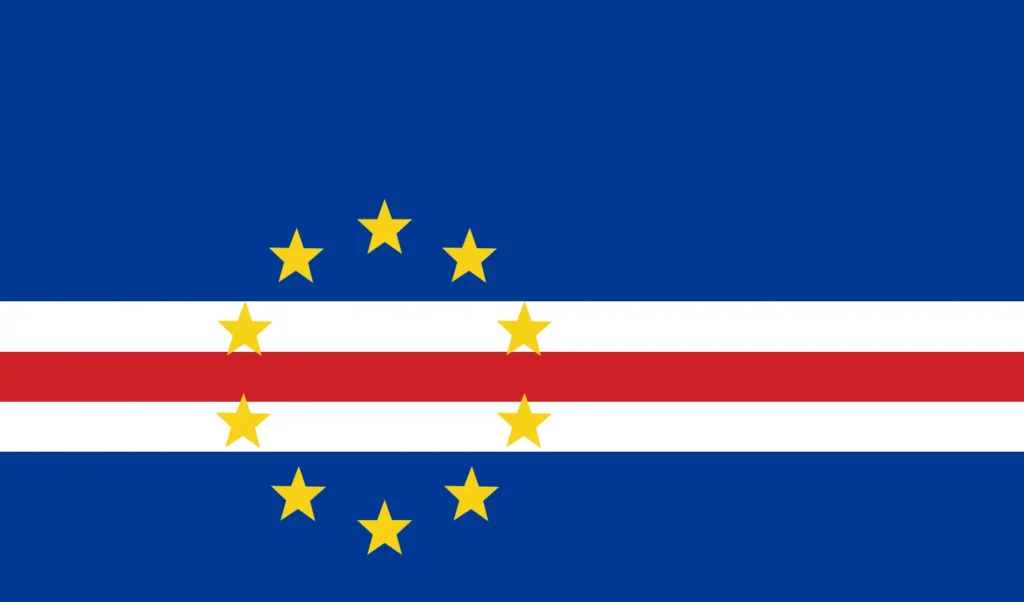
Countries in North Africa
Cabo Verde Constitution
Cabo Verde’s constitution, adopted in 1980 and amended in 1992 and 1995, establishes a parliamentary republic, defining the roles of the president, National Assembly, and judiciary.

Countries in North Africa
Cote D'Ivoire Constitution
Cote d’Ivoire’s constitution, adopted in 2016, establishes a presidential republic, defining the roles of the president, National Assembly, and judiciary.

Countries in North Africa
Gambia Constitution
The Gambia’s constitution, adopted in 1997, establishes a presidential republic, defining the roles of the president, National Assembly, and judiciary.
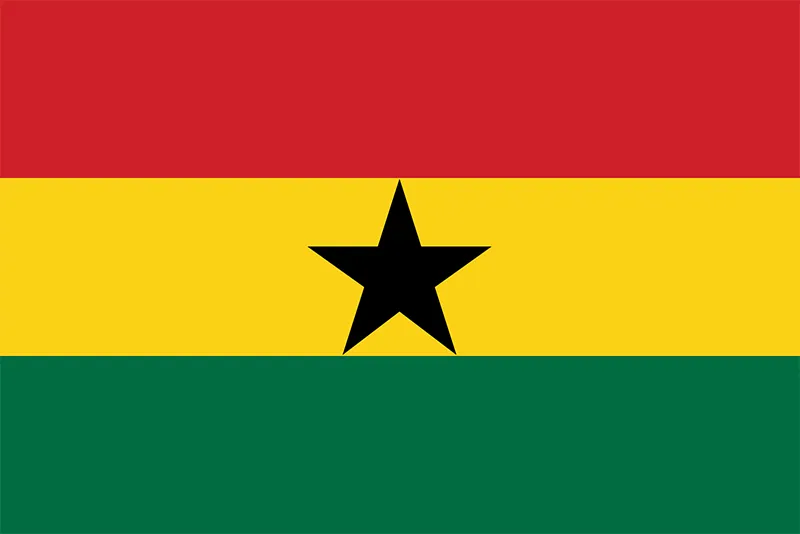
Countries in North Africa
Ghana constitution
Ghana’s constitution, adopted in 1992, establishes a presidential republic, defining the roles of the president, Parliament, and judiciary.

Countries in North Africa
Guinea Bissau constitution
Guinea-Bissau’s constitution, adopted in 1984 and amended in 1991 and 1993, establishes a semi-presidential republic, defining the roles of the president, National People’s Assembly, and judiciary.

Countries in North Africa
Guinea Constitution
Guinea’s constitution, adopted in 2010, establishes a semi-presidential republic, defining the roles of the president, National Assembly, and judiciary.

Countries in North Africa
Liberia Constitution
Liberia’s constitution, adopted in 1986, establishes a presidential republic. It outlines the structure of government, including the roles of the president, the Legislature, and the judiciary.
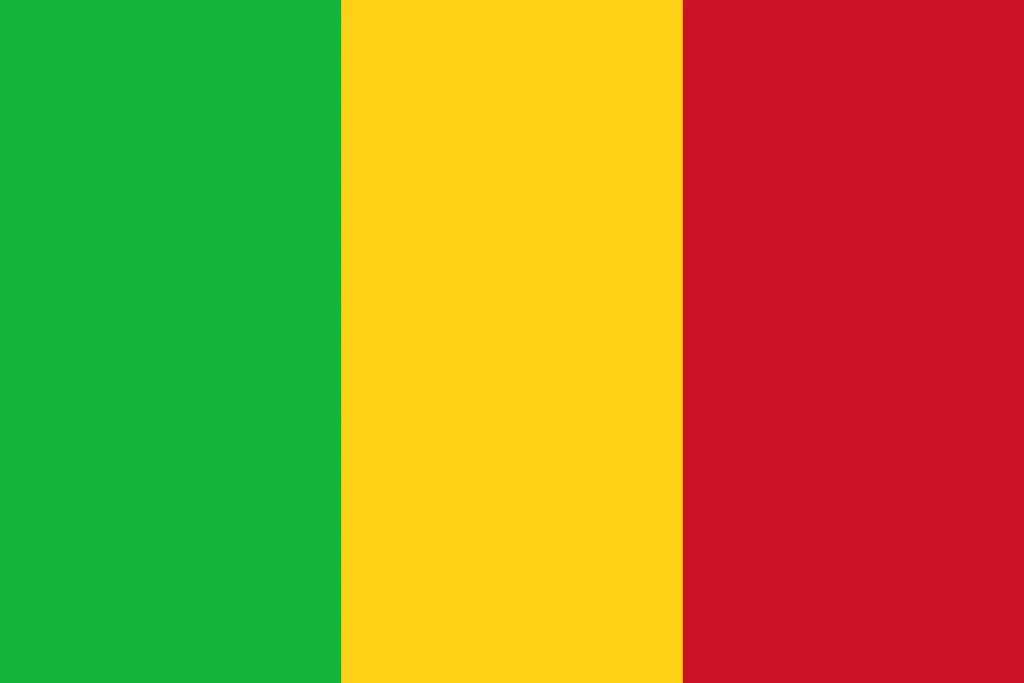
Countries in North Africa
Mali Constitution
Mali’s constitution, adopted in 1992 and amended in 1999 and 2019, establishes a semi-presidential republic. It outlines the structure of government, including the roles of the president, the National Assembly, and the judiciary.

Countries in North Africa
Mauritania constitution
Mauritania’s constitution, adopted in 1991 and amended in 2017, establishes a presidential republic. It outlines the structure of government, including the roles of the president, the National Assembly, and the judiciary.
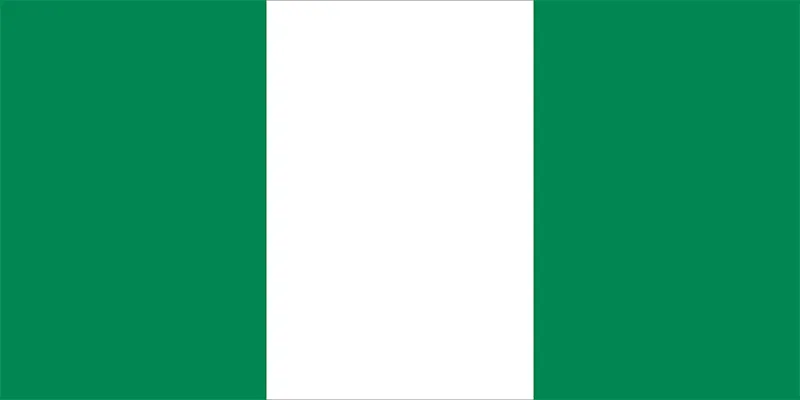
Countries in North Africa
Nigeria Constitution
Nigeria’s constitution, adopted in 1999, establishes a federal republic. It outlines the structure of government, including the roles of the president, the National Assembly, and the judiciary. Despite calls for amendments, the constitution remains the legal framework for governance in Nigeria.
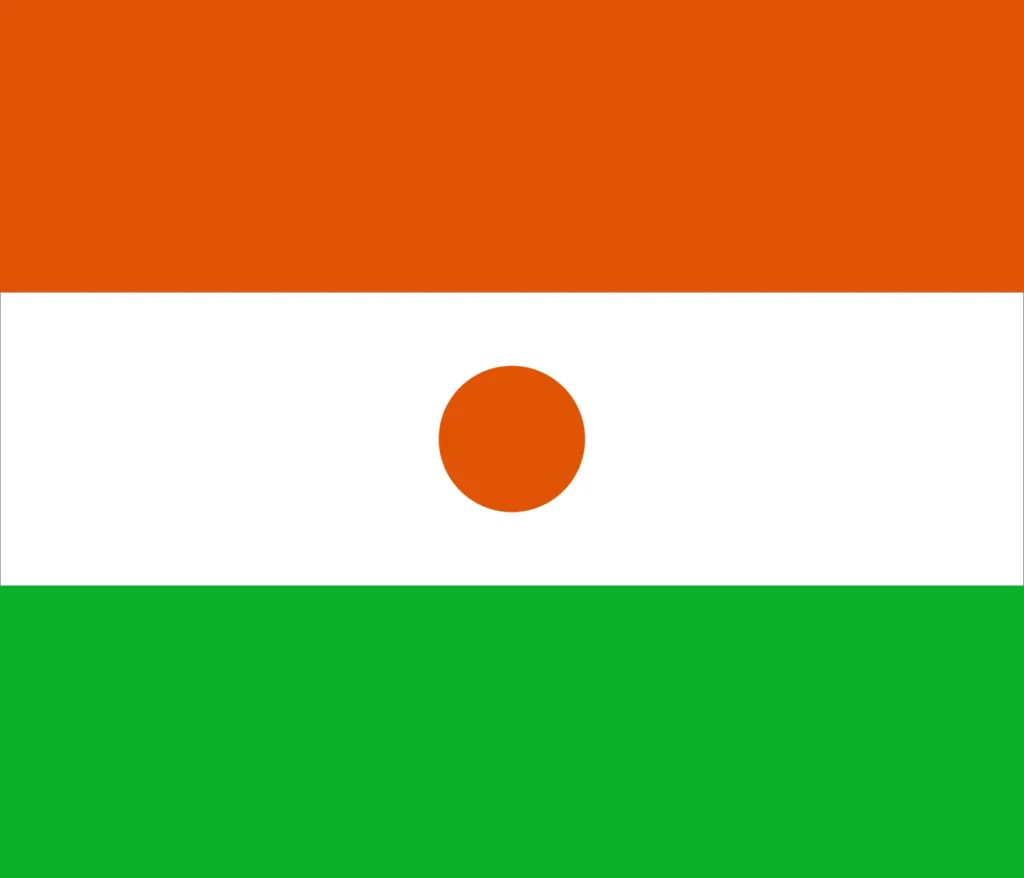
Countries in North Africa
Republic of Niger Constitution
Niger’s constitution, adopted in 2010, establishes a semi-presidential republic. It outlines the structure of government, including the roles of the president, the National Assembly, and the judiciary.
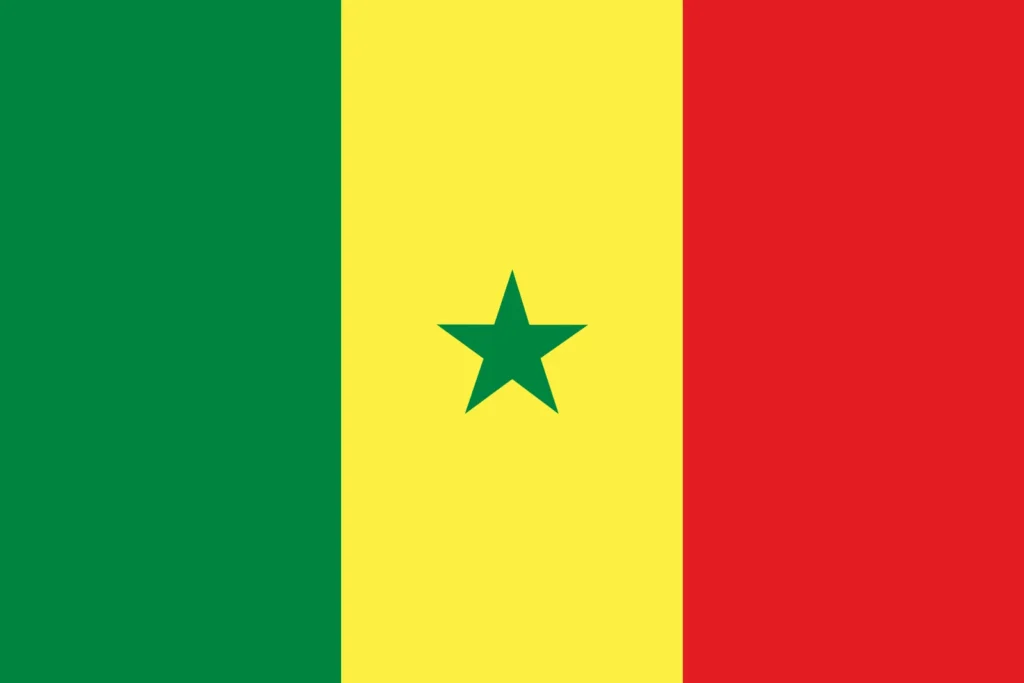
Countries in North Africa
Senegal Constitution
Senegal’s constitution, adopted in 2001 and amended in 2016, establishes a semi-presidential republic. It outlines the structure of government, including the roles of the president, the National Assembly, and the judiciary.
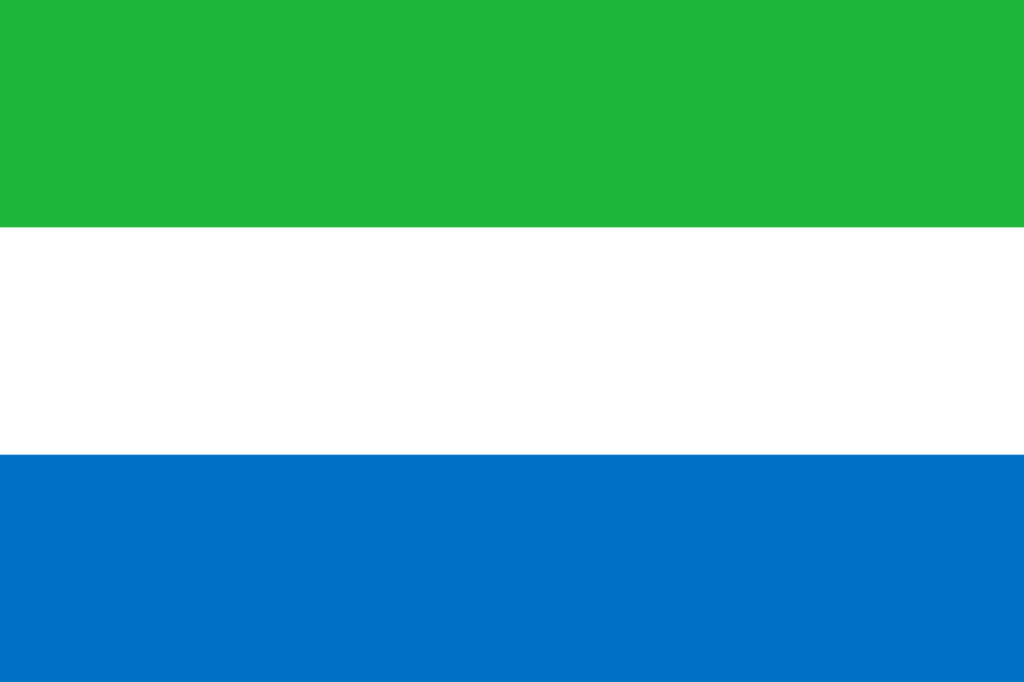
Countries in North Africa
Sierra Leone Constitution
Sierra Leone’s constitution, adopted in 1991 and amended in 2008, establishes a presidential republic. It outlines the structure of government, including the roles of the president, the Parliament, and the judiciary.
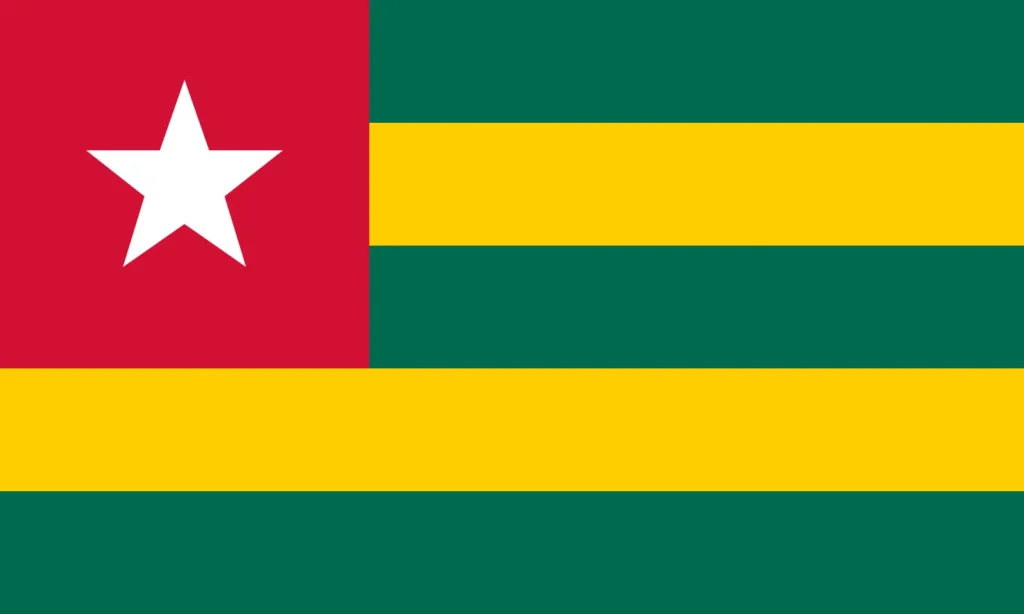
Countries in North Africa
Togo Constitution
Togo’s constitution, adopted in 1992 and amended in 2002 and 2019, establishes a presidential republic. It outlines the structure of government, including the roles of the president, the National Assembly, and the judiciary.
